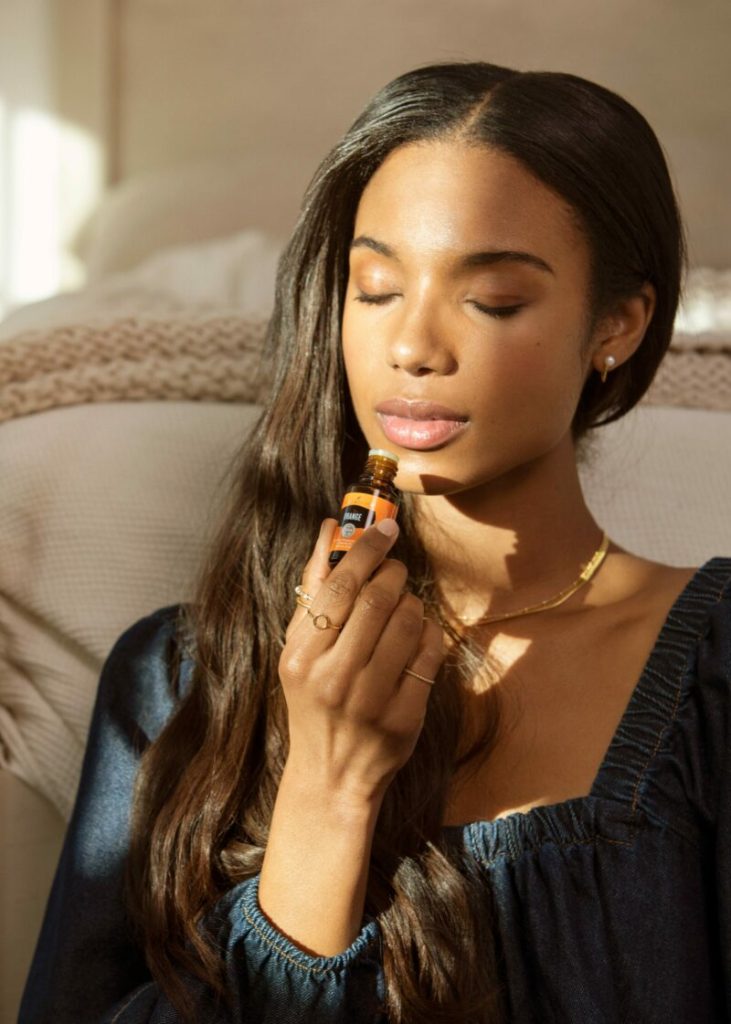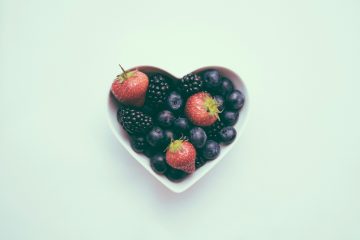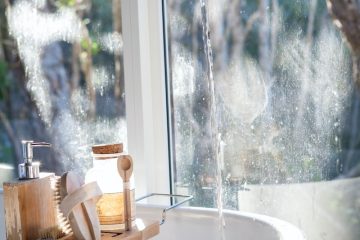Have you ever walked into a spa and instantly felt calm and tranquil by the light scents you smelled?
Or, walked into the kitchen and smelled a fresh apple pie baking in the oven?
What is aromatherapy?
Aromatherapy is the practice of using botanical essential oils aromatically and topically for emotional, mental and physical wellness.

What are essential oils?
God created plants. Essential oils come from plants.
Then God said, “Let the earth bring forth grass, the herb that yields seed, and the fruit tree that yields fruit according to its kind, whose seed is in itself, on the earth”; and it was so. And the earth brought forth grass, the herb that yields seed according to its kind, and the tree that yields fruit, whose seed is in itself according to its kind. And God saw that it was good.
Genesis 1:12 – 13 NKJV
The most powerful part of the plant. The lifeblood – living part of plants. They work the same in our bodies as they do in nature by providing regenerative, protective, and immune-strengthening properties.
- Aromatic, concentrated plant extracts
- Obtained by steam distillation, cold pressing, or resin tapping
- Distilled from shrubs, plants, resins, trees, flowers, fruit & herbs
- Single oils – one type of oil by itself (lemon, lavender, peppermint)
- Oil blend – a mixture of two or more single oils (ex. Thieves® – clove, lemon, cinnamon, eucalyptus, and rosemary)
When you inhale an essential oil it has properties that support your brain and emotions. It impacts your limbic system – a complex network of nerves in the brain that support emotion, behavior, and smell. The limbic system is an important element of the body’s response to stress and is connected to the endocrine and nervous systems.
What do essential oils do for the human body?
- Provide support for every system of the human body (nervous, muscular, circulatory, respiratory, skeletal, immune, digestive, endocrine, exocrine, reproductive, and renal)
WHAT essential oils can do for you
- Support hormones/mood management
- Support sleep
- Support emotional and physical well-being
- Non-toxic alternative for cleaning supplies in your home
- Replace toxic chemicals – candles, air fresheners & plug-ins
- Can be used in DIY beauty and personal care products
How to use essential oils for aromatherapy
- Aromatically – Diffusers disperse tiny oil droplets into the air, allowing you to easily surround yourself with the soothing scent
- Topically – oils can be applied to the body (feet, spine, neck, back, shoulders, joints)
Aromatherapy for Sleep
Our bodies need quality sleep for our mental, physical and emotional health. Establishing a nighttime routine is a healthy habit. Research shows that using essential oils in a bedtime routine can help to relax and fall asleep more quickly and even sleep more deeply throughout the night.
Before bed, you can add a couple of drops of your favorite calming oil to a diffuser, in a cup of Epsom salt for a hot bath, rub on the bottoms of your feet, wrists, temple or along your spine, or you can mix the oil in a spray bottle with distilled water and spritz it on your pillow.
Aromatherapy for Mood
How are you doing? Do you feel emotionally weighed down by the pressures and responsibilities of life? I can relate. Essential oils that support my nervous system emotions are a part of my daily healthy habits and self-care routines.
- White Angelica
- Progessence Plus designed especially for women by endocrinologist Dr. Dan Purser
- Joy™
- Frankincense
- Lavender
Aromatherapy for odor elimination
When the smell of your homemade salsa with extra garlic lingers in the kitchen or you want to cleanse bathroom smells naturally, essential oils are a simple non-toxic solution.
Question for you
Have you ever thought about the toxic chemicals you, your children, your elderly parents, or pets are exposed to in your home that you are breathing in/inhaling daily?
God created you in His image and made you the steward over your body and home. You control what you put ON and IN your body and what you bring in your home.
I encourage you to take the 3 Cabinet Stewardship
- Check the 3 most used cabinets in your home (bathroom, kitchen, laundry)
- Read the labels on your sleeping pills, soft scrub, oven cleaner, laundry soap, candles, plugins, dryer sheets and other products
- Search those products online or at the library. You will be amazed at the dangers lurking in your cabinets
- Swap toxic personal care, home health and home cleaning products for non-toxic products
If you found this blog helpful, read my blog “3 Simple Steps to Make Your Home Toxin-Free”



0 Comments